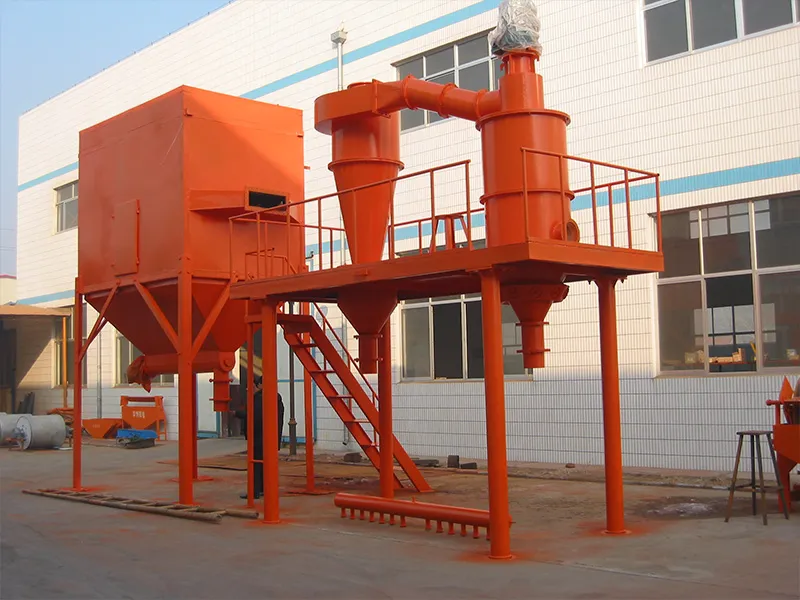Polyvinyl chloride, commonly abbreviated as PVC, is a polymer created by the free radical polymerization of vinyl chloride monomers. This process is initiated using chemicals like peroxides or azo compounds, or by applying light and heat. In its pure form, PVC appears as a white, odorless, and non-toxic powder with a relative molecular mass typically between 50,000 and 110,000 and a relative density of 1.35 to 1.45. PVC is characterized by low water absorption and gas permeability, is insoluble in water, gasoline, alcohol, and vinyl chloride but dissolves in solvents like ketones, esters, and chlorinated hydrocarbons. It exhibits strong chemical corrosion resistance and excellent electrical insulation, though it has relatively poor impact resistance and low stability when exposed to oxygen and heat, making it prone to degradation.
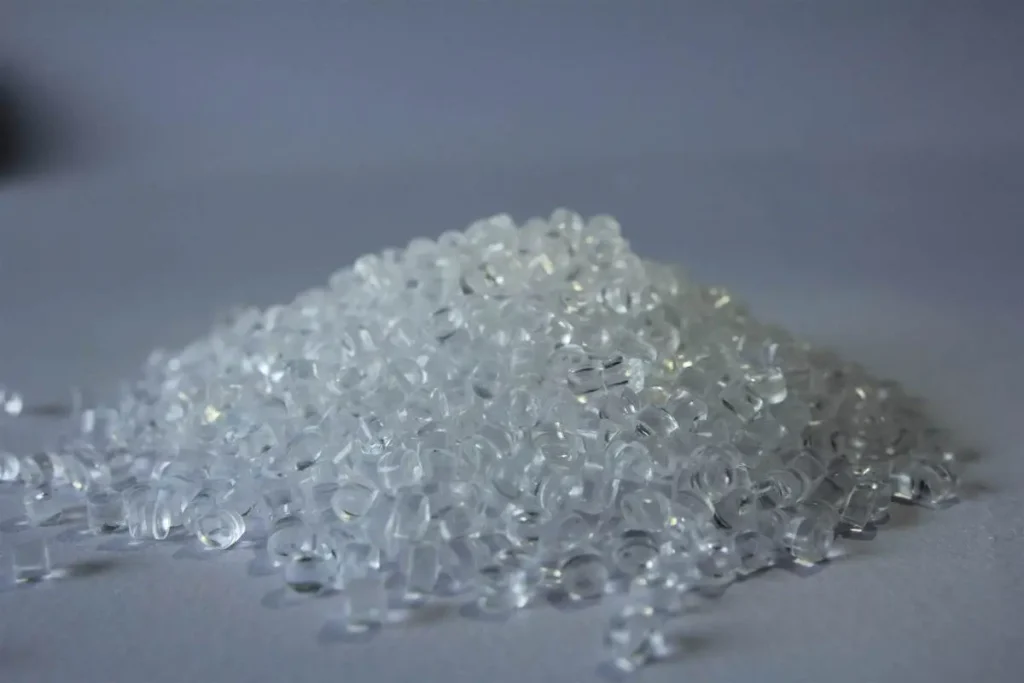
Polyvinyl chloride has an amorphous, low-branched molecular structure. Its glass transition temperature ranges from 77°C to 90°C, and it begins decomposition near 170°C. Due to its sensitivity to light and heat, PVC starts degrading above 100°C or after long-term exposure to sunlight, releasing hydrogen chloride and undergoing auto-catalytic breakdown. This degradation causes discoloration and a rapid decline in PVC’s physical and mechanical properties. To counteract this, stabilizers are incorporated during manufacturing to improve its thermal and light stability.
Industrial PVC generally has a broad molecular weight distribution, with the average molecular weight increasing when polymerized at lower temperatures. PVC doesn’t have a clear melting point; it softens between 80–85°C, becomes viscoelastic at around 130°C, and flows viscously between 160–180°C. Its mechanical strength is notable, with tensile strength around 60 MPa and impact strength between 5 and 10 kJ/m². While insoluble in common solvents, PVC may swell in monomeric or chlorinated hydrocarbon solvents.
Classification of PVC
Polyvinyl chloride (PVC) is classified based on application and production methods:
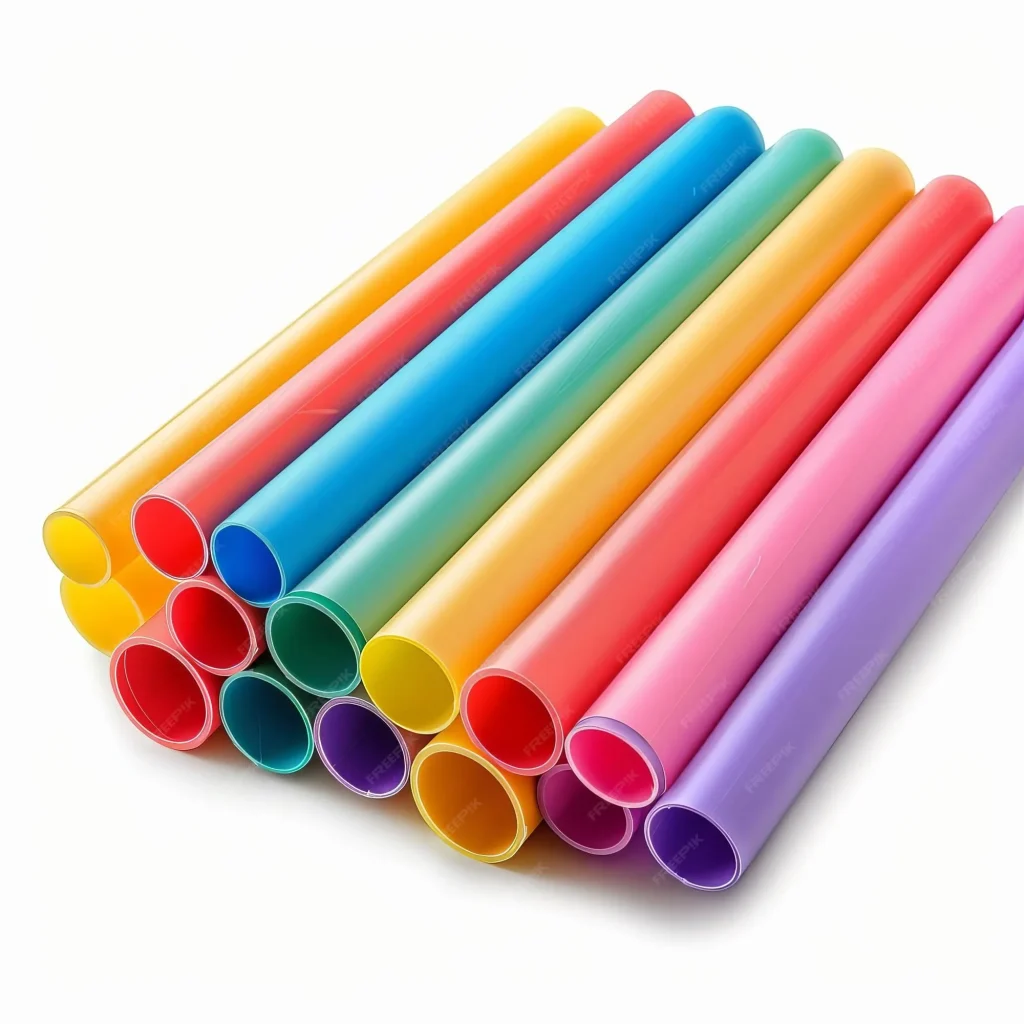
Based on Use:
• General-purpose PVC resin
• High-degree polymerization PVC resin
• Cross-linked PVC resin
• Based on Vinyl Chloride Monomer Source:
• Calcium carbide method
• Ethylene method
• Imported monomer method (using EDC or VCM, often grouped under ethylene)
• Based on Polymerization Process:
• Suspension PVC (dominates ~80% of production)
• Emulsion PVC
• Bulk PVC
• Solution PVC
Suspension PVC is further subdivided by viscosity grades into models XS-1 through XS-6 and XJ-1 through XJ-6, distinguished by particle type and density.
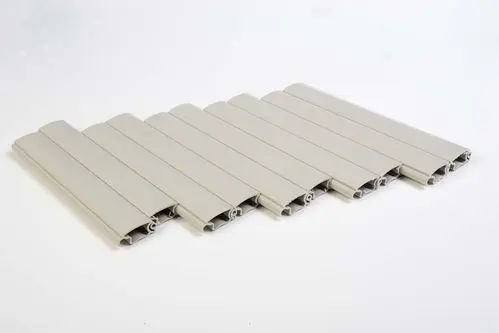
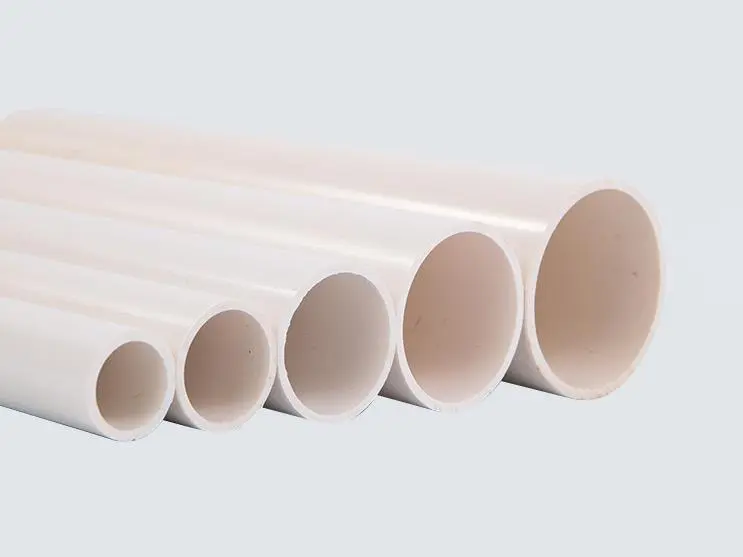
Based on Plasticizer Content:
• Non-plasticized PVC (0% plasticizer)
• Rigid PVC (<10% plasticizer)
• Semi-rigid PVC (10–30% plasticizer)
• Flexible PVC (30–70% plasticizer)
• PVC paste resin (>80% plasticizer)
Producing PVC Using Classifier Mills
Classifier mills play an essential role in PVC production by finely grinding and classifying resin powders to precise particle size distributions. This processing enhances powder flowability, dispersion quality, and overall performance in downstream formulations, making classifier mills indispensable for both rigid and flexible PVC products.
Polyvinyl chloride continues to be a versatile polymer with wide applications in construction, automotive, packaging, and healthcare industries. Understanding its diverse classifications, processing properties, and the benefits of using advanced equipment like classifier mills ensures optimized material performance and extended product durability.
Informazioni su EPIC Powder Machinery
Macchinari per polveri EPIC Co., Ltd is a leading scientific and technological enterprise specializing in advanced powder processing equipment. With over 20 years of industry experience, EPIC designs, manufactures, and supplies tailored solutions including jet mills, air classifier mills, roller mills, and coating machines. EPIC offers full-process support—from raw material testing and production line design to equipment customization and on-site technical guidance. Our professional test center and international expert team ensure every solution meets precise customer requirements. EPIC’s customer-focused approach and commitment to quality empower clients worldwide across multiple industries to achieve superior powder processing results.
